Choosing between removing the star player or the coach is not a difficult decision.
After serving his one-game suspension, Morant said in an interview that he had lost the joy he once felt playing for the Grizzlies. The last time I heard something similar was when Butler spoke like this before leaving the Heat last season, and he was quickly sent to the Warriors.
Why was Morant suspended? The official reason given was that Morant acted in a way that harmed the team’s interests. Specifically, during an interview, he responded negatively to all questions from reporters by saying only, "Go ask the coach." This interview took place inside the locker room, in front of many players and staff, effectively exposing the conflict between him and head coach Izzo publicly.
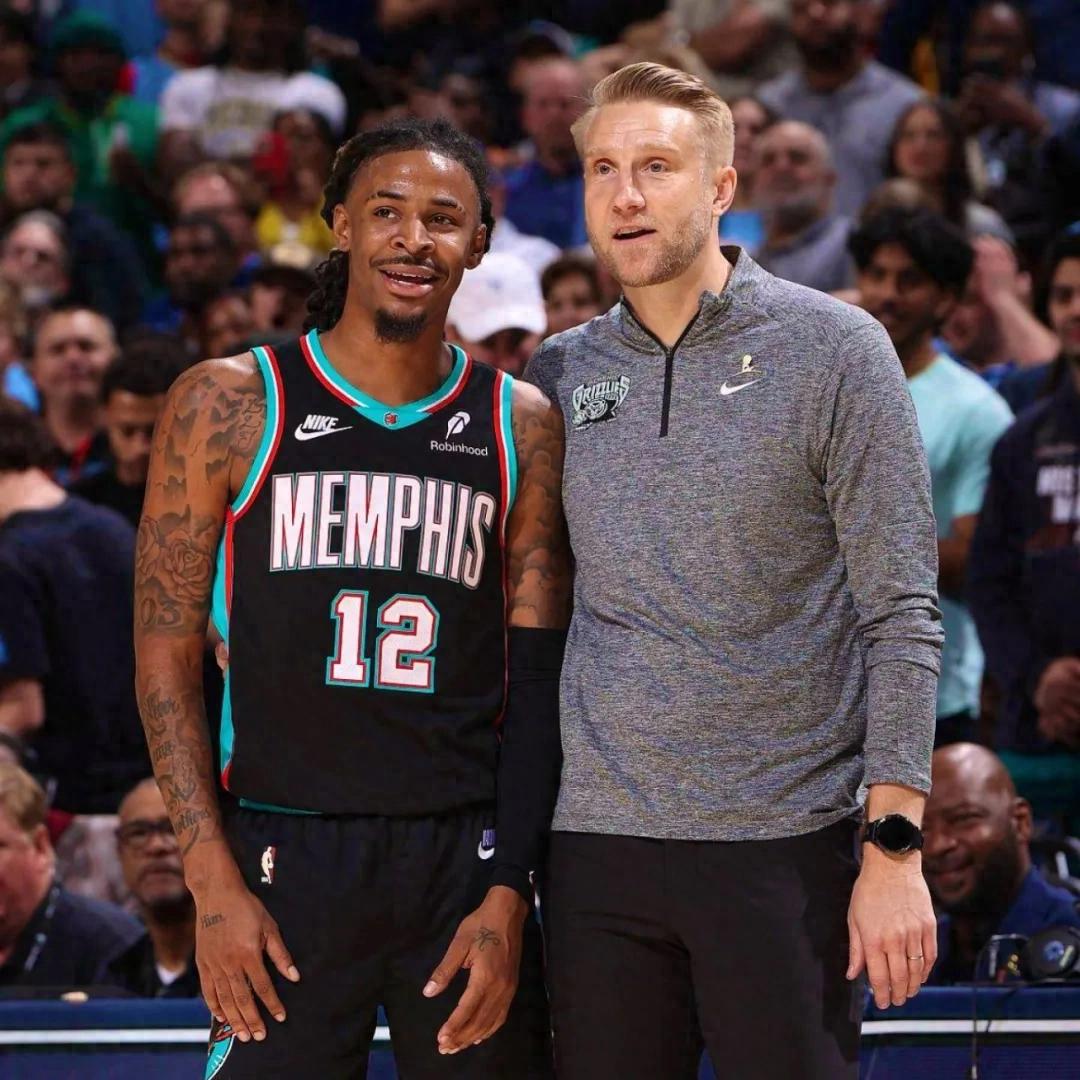
In the game lost to the Lakers, Morant shot 3 for 14 and showed a very negative attitude throughout. While teammates were fighting hard on the floor during halftime, he stood in the corner chatting with Smart. On offense, Morant would pass the ball and then retreat to the corner. During tactical discussions, he stood with his hands on his hips, showing no intention to participate.
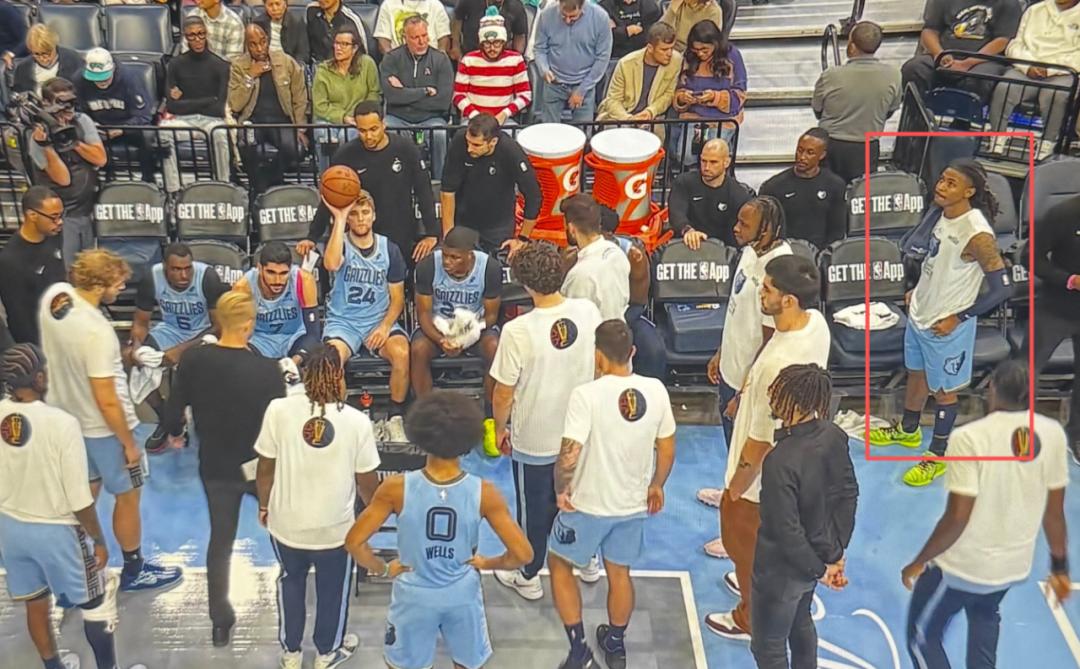
All of Morant’s negative emotions since the season started culminated in that game, and the post-game interview revealed the locker room conflicts, resulting in the team suspending him.
Why is Morant unhappy? The core reason is that his central role on the team has been challenged. Before the suspension, Morant averaged only 28.5 minutes per game, whereas he has never had a season with under 30 minutes per game in his career. In fact, his reduced playing time was anticipated since last season’s 30.4 minutes per game was already a career low.
Against this backdrop, Morant’s average of 23.2 points per game is the lowest in three years. Towards the end of the season, Morant grew dissatisfied with his reduced ball possession, which led to Jenkins’ dismissal after many years, assistant coach Izzo’s quick promotion, and subsequently, Morant’s situation worsened.
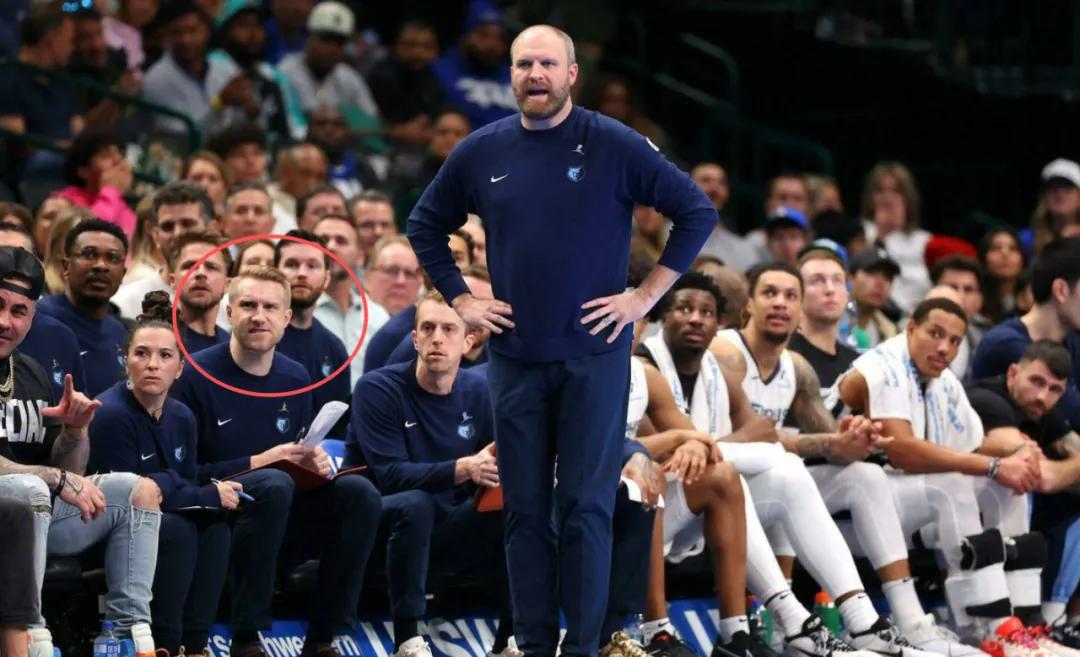
Actually, before last season started, the Grizzlies’ coaching staff was already undergoing changes. The general manager replaced many assistants who worked under Jenkins with Izzo’s team, and the offensive system was being adjusted to align with Izzo’s philosophy, even though Jenkins was still officially the head coach.
Therefore, Jenkins’ dismissal last season was not sudden but merely procedural. The issues Morant faced last season—such as reduced ball handling and playing time, fewer pick-and-rolls—became even more apparent this season.
What upset Morant the most was Izzo’s entire rotation adjustment. The Grizzlies’ rotation now is basically timed substitutions, with each player’s minutes fixed per game. The team currently has seven players averaging over 24 minutes per game, but none surpassing 30 minutes.
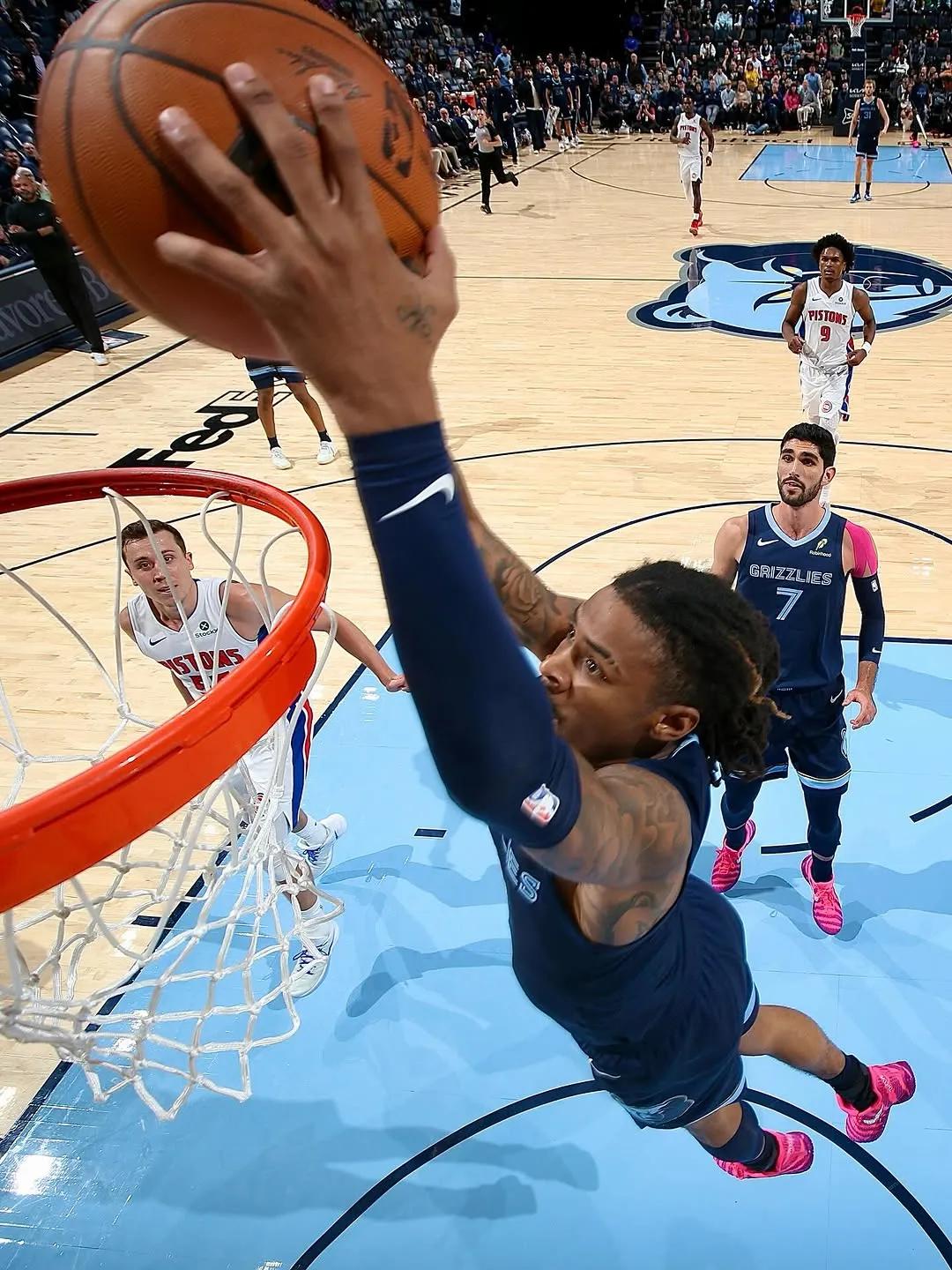
The Grizzlies essentially use a ten-man deep rotation every game, with even the players with the least minutes getting over ten minutes on the floor. This long rotation aims to keep players fresh, but the obvious problem is that player abilities vary significantly.
Using the same tactics, starters and bench players obviously produce different results, so maintaining the same intensity throughout the game is difficult. Essentially, Izzo transplanted his successful European rotation system directly, where player skill gaps are smaller, making this approach viable.
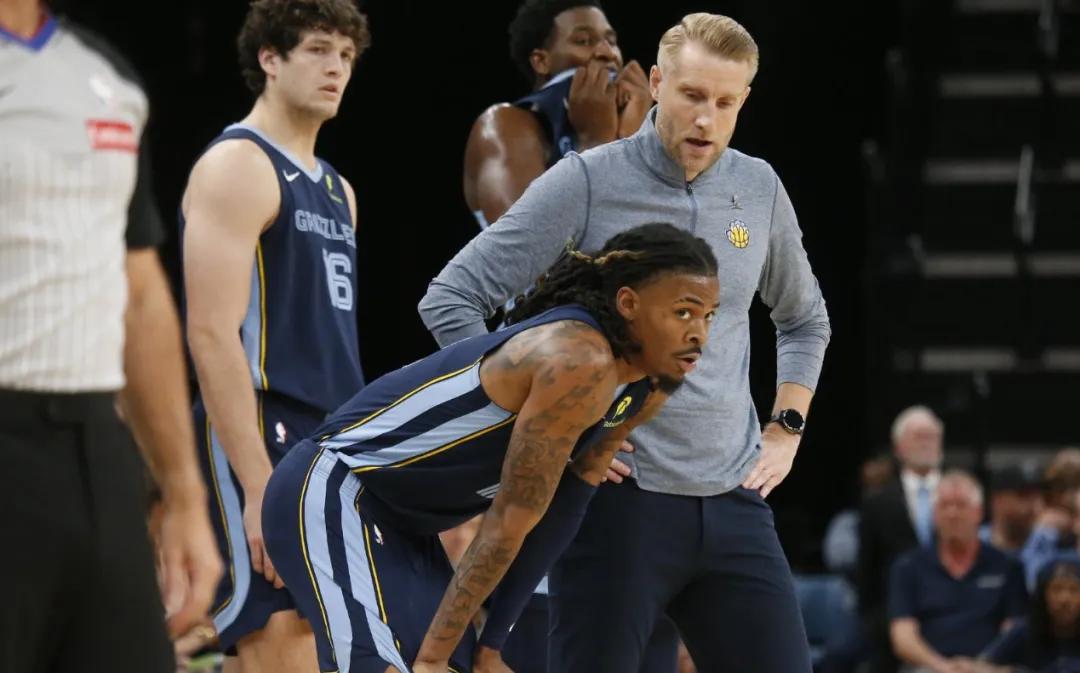
However, in the NBA, the skill gap between stars and regular players is huge. This is why top-salary players earn tens of millions, while most others make only a few million. Forcing high-paid stars and minimum-salary players to follow the same rotation schedule, with timed substitutions, weakens the stars’ impact by playing to their weaknesses.
In a recent interview, Izzo said: "Basketball is constantly evolving, and the demands for game intensity are increasing. We are working hard to adapt to these changes. I think people often overlook the purpose of the bench rotation system, which is designed to optimize performance in the short, medium, and long term.”
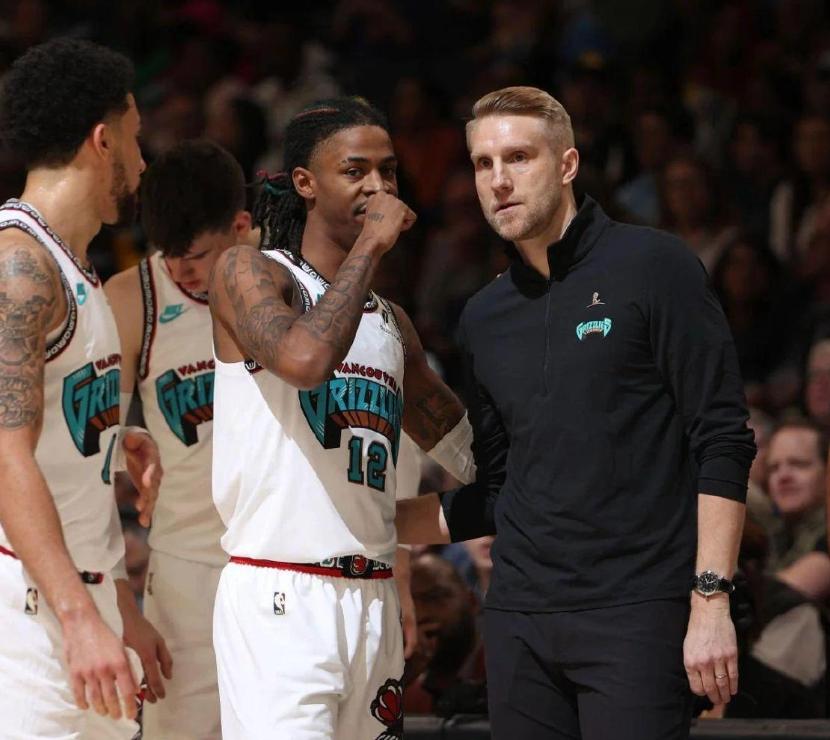
It’s not just Morant; according to reports, Jaren Jackson Jr. is also somewhat dissatisfied with Izzo’s rotation method, though he hasn’t been as outspoken as Morant. Both core players have expressed discontent with this rotation style, but it hasn’t shaken the team’s resolve in the short term.
Currently, Grizzlies GM Clayman and Izzo are closely aligned. For Clayman to reject Izzo would be to reject his own decision to fire Jenkins and promote Izzo. When the GM and head coach are united, it’s difficult for players to cause significant disruption no matter how much they protest.
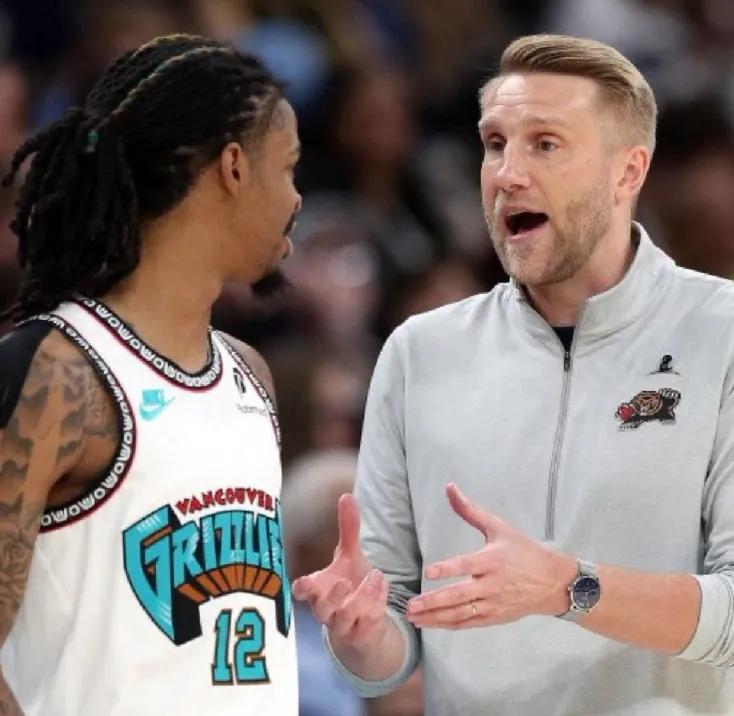
By suspending Morant immediately, the team has already made its stance clear. Morant is the team’s top star but not indispensable. Even if the Grizzlies put Morant on the trade block, I doubt they would get a good price due to his attendance issues and off-court factors that deter some teams.
Stepping back, the Grizzlies’ lowering of Morant’s status ultimately reflects his insufficient skill level. He has recurring injuries every season, and the more often the team wins without him, the worse his impression becomes with the management.
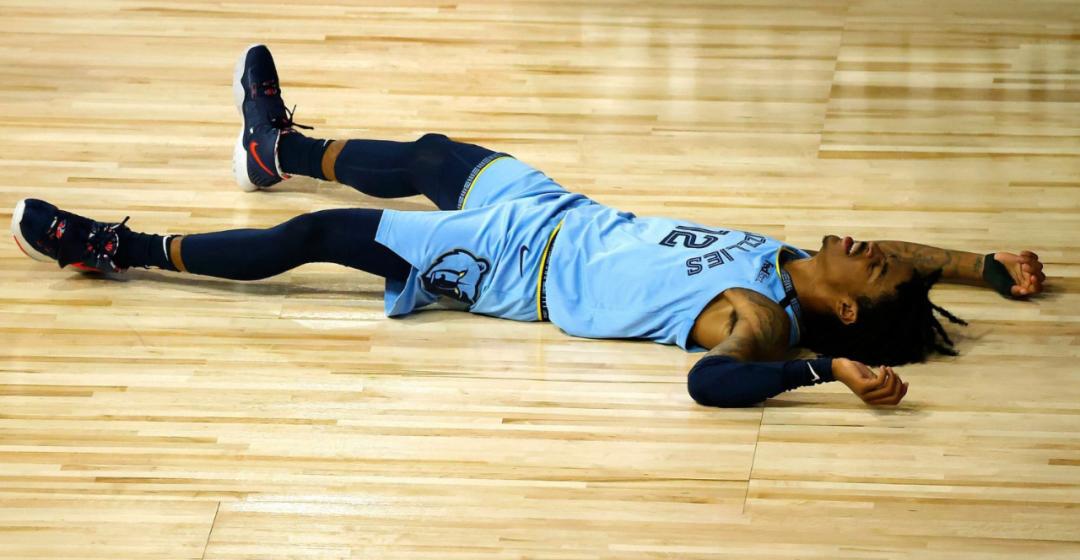
Generally, when a team’s star player and head coach clash and one must go, the coach usually takes the fall. But if the conflict between Morant and Izzo escalates to that point, it’s not hard to guess who the team will choose.
Both have reputations, but one is built on success in European leagues, while the other is known for notoriety off the court.


Wonderfulshortvideo
User FieldFrenzy has posted a video.


Quentin Richardson wasn’t having it 😂


A special moment pregame, as Giannis Antetokounmpo is honored at center court for his tenth straight All-Star selection by Bobby Portis and his brother Thanasis 🤩‼️


Ausar Thompson denying anything and everything 😮💨


Since Trey entered the league, Trey is one Since Trey Murphy III entered the league, only 8 guys have scored 10+ threes in a game multiple times…He's now done it 3 times 🤯


Jalen and Cade talk about what makes their connection special 🤝


One week out from the @RUFFLES Celeb Game at NBA All-Star, 2025 MVP @Rome Flynn is locked in on going b2b.. not even @Lethal Shooter can distract him 😂








 Links
Links
 Contact
Contact
 App
App


